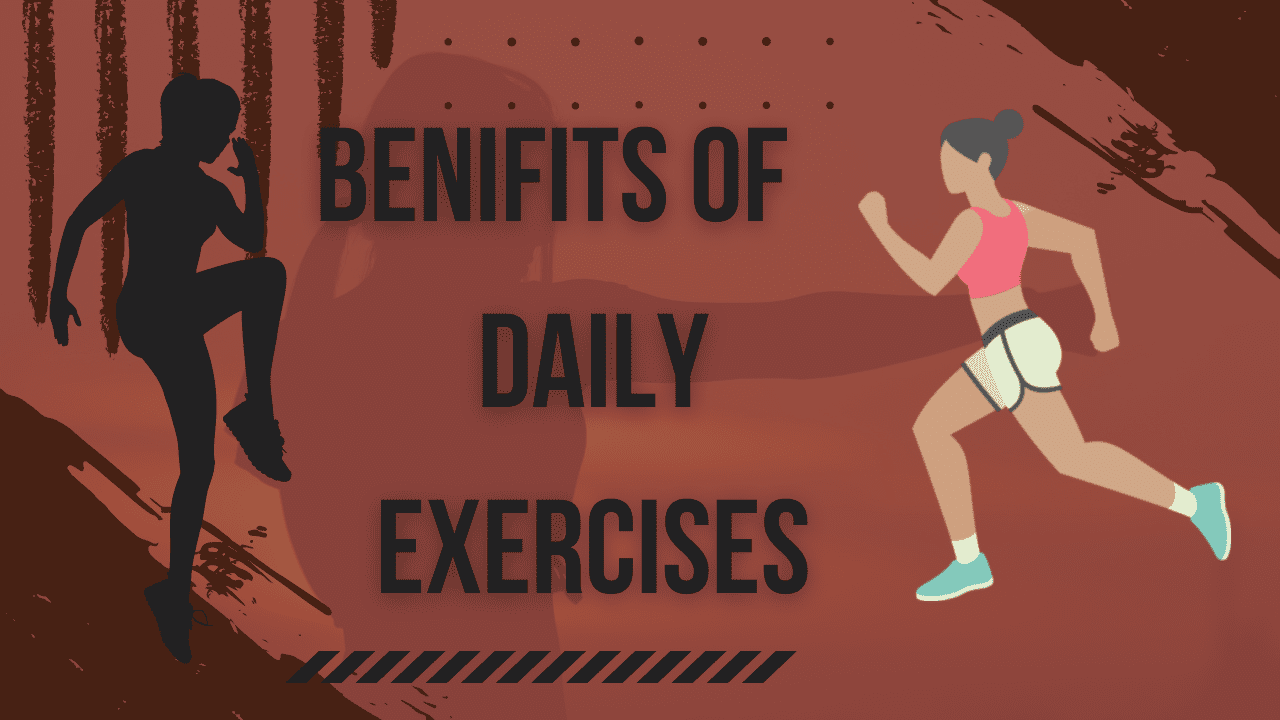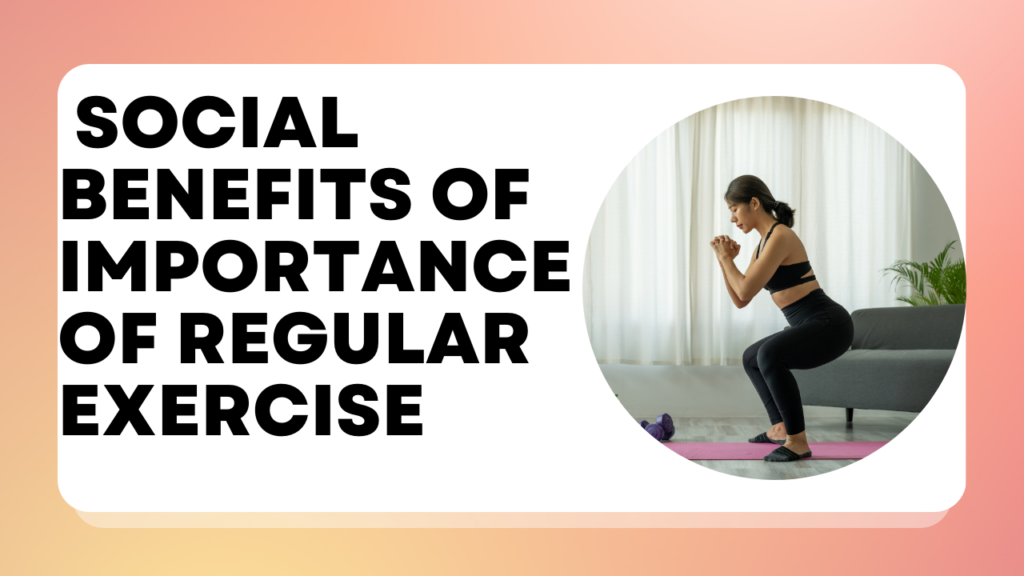
Importance of Regular Exercise to Overall Well-Being
General fitness is required for the preservation of good health. It has numerous advantages to your overall physical, emotional and mental health. In this blog post, we will look at the significance in our lives and how it may change us. Finally, you’ll know why integrating importance of regular exercise to overall well-being physical activity into your life becomes a step towards better health.

Physical Benefits of Regular Exercise
Weight Control
Exercise plays a crucial role in weight management as it is among the well-known benefits of exercising. Continuous physical activities help in burning calories that are necessary for maintaining a healthy weight. Combine exercise and balanced diet to avoid adding on weight as well as gain relief from excess weight.
Enhanced Cardiovascular Health
Exercises make your heart stronger and improves blood circulation. Activities such as walking, running, swimming, or biking can enhance heart rate thereby making it function more effectively. This will reduce cardiovascular diseases such as high blood pressure, heart disease and stroke.
More Strength in the Muscles and Bones
Physical activity, such as weightlifting, running and walking can help to develop and maintain strong muscles and bones. This is crucial to prevent osteoporosis or sarcopenia (age-related muscle loss).Do you want to more knowledge to visit this page strength training.
Flexibility Plus Balance
Flexibility and balance are improved when yoga and stretching are practiced. Improved flexibility minimizes injuries expands your posture range of motion for movement throughout the joints; it helps in maintaining balance which prevents falls particularly among older adults.
Enhanced Digestive Functioning
Exercise will stimulate the muscles of the digestive tract leading to improvement in digestion and reduction of constipation. By increasing blood flow towards intestines exercise promotes efficient movement of food through intestinal track.

Mental And Emotional Benefits From Regular Exercise
Reduced Stress & Anxiety
Physical exercise acts as a good stress-reliever. Physical activities increase the production of endorphins which act as a mood booster reducing cortisol levels that are responsible for stress ensuring lower stress levels leading to anxiety relief hence a feeling of tranquility & wellness.
Superior Humour and Mental Health
Exercising on a regular basis has been proven to alleviate symptoms of depression as well as heighten general moods. The rise of endorphins, with serotonin and dopamine and other neurotransmitters can change your mood, make you happier, and create that good feeling in your life.
Improved Cognition
Brain health is enhanced by exercise through the increase in blood flow into the brain hence improving brain function, memory as well as learning ability (Lebowitz 2017). Physical activity also fosters the creation of new neurons thus strengthening synapses between them thus averting age related instances of cognitive deterioration.
Quality Sleep Improvement
You can fall asleep faster and sleep more deeply if you engage in exercise. It helps to elongate deep sleep stage which contributes to physical restoration while also controlling your body’s internal clock thereby increasing overall sleep efficacy.

Social Benefits of Importance of Regular Exercise to Overall well-Being
Socializing
Engaging in group workouts, sports or fitness classes offer an opportunity for socializing. Building relationships with people who have similar interests might lead to new friendships as well as enable one to feel part of a community important for emotional wellness.
Motivation and Accountability
Exercising with others may help in increasing one’s motivation and accountability. By having a fitness group or a workout buddy you can stick to your exercise schedule all the time which makes it more fun. The encouragement and support from others will assist you to be true to your physical ambitions.
Tips for Adding Regular Exercise to Your Schedule
Begin Small
If starting out, set attainable small goals of exercise. As you gain more strength, gradually increase the duration as well as the intensity of your work outs. Starting small may help prevent exhaustion and reduce chances of getting injuries.
Opt for Things That You Enjoy Doing
Physical activity is not a punishment; find activities that are pleasurable such as dancing, climbing mountains, swimming or playing games. This way, anything that you love doing is likely to be repeated frequently therefore becoming part of your routine.
Make It A Daily Practice
Sticking with an exercise plan consistently is necessary in reaping its benefits. A morning jog, lunchtime walk or evening workout should become part of your daily life cycle. Therefore by turning exercise into a routine it can become easier for you to commit yourself and do it every day naturally without forcing yourself.
Set Achievable Goals
Create clear and reachable fitness goals that are S.M.A.R.T. (specific, measurable, attainable, realistic, and time-bound). Having well-defined goals can help to maintain motivation and provide a focus for your workouts. Along the way, acknowledge your successes in order to keep you motivated.
Conclusion
Physical fitness is the most important aspect for wellbeing. It has several physical benefits such as maintaining proper weight, a stronger cardiovascular system, well-build muscles and bones and improved flexibility. Exercise brings about mental benefits like reduced stress levels and anxiety, better moods, effective brain function hence improved cognitive abilities as well as increased self-confidence. Lastly socially it provides an avenue for interaction with others; it motivates one when they know that there is someone or group looking forward to them joining exercise.



